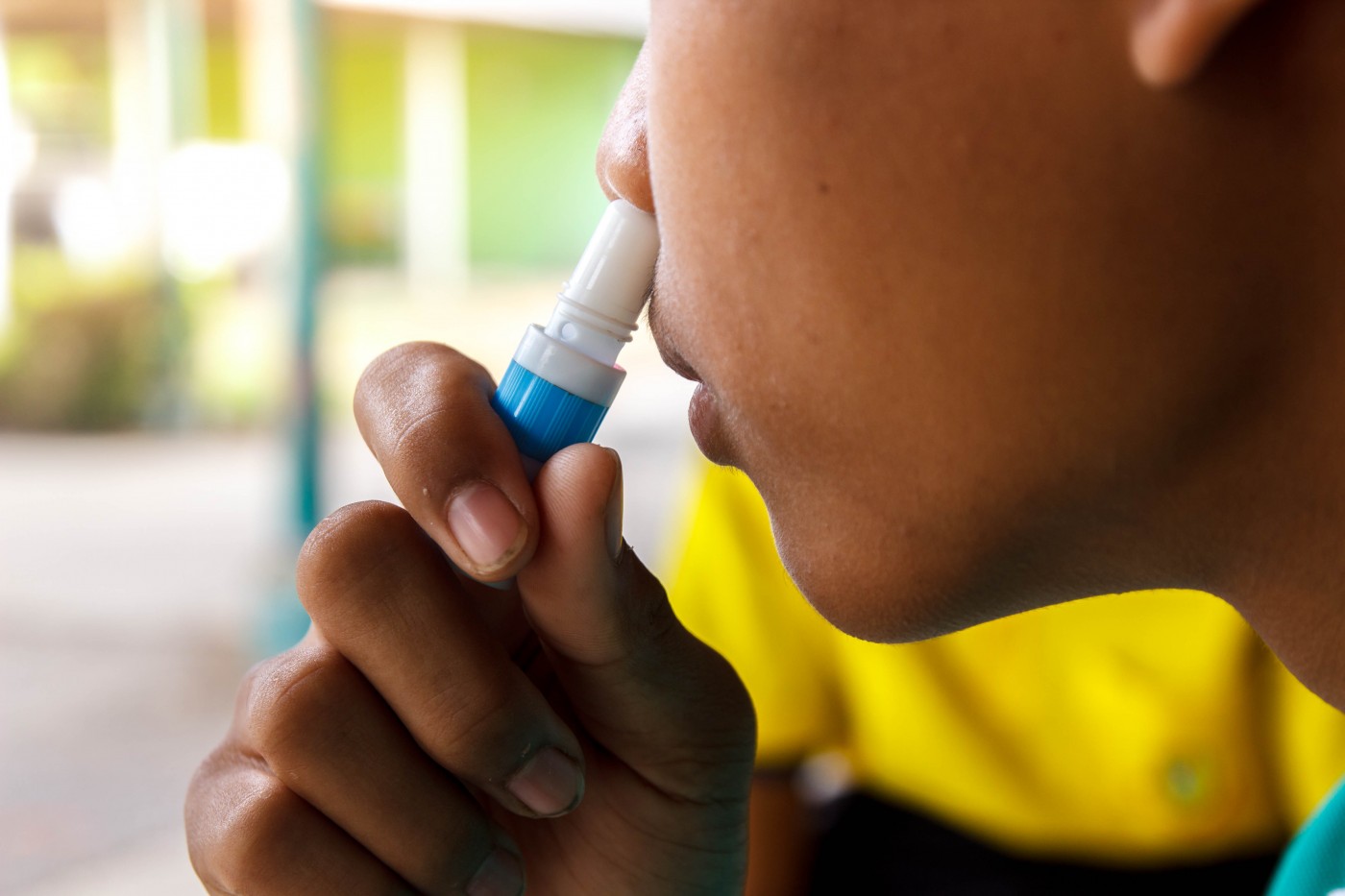Inhaled Glutathione Not Advisable Therapy for All CF Patients, Study Says
Written by |

Although patients with cystic fibrosis (CF) often have low levels of the antioxidant glutathione (GSH), the clinical benefits of GSH as an inhaled therapy appear to depend on the inflammatory status of their airways.
The study, “Increasing sputum levels of gamma-glutamyltransferase may identify cystic fibrosis patients who do not benefit from inhaled glutathione,” was published in The Journal of Cystic Fibrosis.
GSH has a major role as an antioxidant, working to prevent damage caused by reactive oxygen species. In CF, GSH levels are significantly decreased, compromising the antioxidant defense of the patients’ airways. As a result, GSH administration by inhalation is thought to restore the antioxidant systems.
CF airways, however, are seen to have higher-than-usual levels of gamma-glutamyltransferase (GGT), an enzyme responsible for degrading GSH. This means that even if GSH is administered externally, there is the chance it will be degraded rapidly.
In a previous study, researchers measured GGT levels and activity in sputum samples of CF patients in a randomized, placebo-controlled trial. In the study, the patients were randomly assigned to receive GSH or a placebo every 12 hour for six months. The team found that GSH inhalation did not alter oxidation and inflammation markers. It also didn’t result in any improvements in lung function.
Now, researchers measured GGT levels and activity in sputum samples obtained from this same group of patients, and determined how these levels correlated with inflammatory markers and FEV1% values (the volume exhaled during the first second of a forced expiration, starting from the level of total lung capacity).
They found no differences in GGT activity between placebo and the GSH-treated group at the study’s end. Moreover, they observed that inhaled GSH is likely metabolized by GGT. GSH inhalation correlated with enhanced anti-inflammatory potential, but this benefit was only seen in those patients whose inflammation was already reversing. In fact, in patients with worsening lung inflammation, GSH inhalation was likely to cause more damage. Analyzing effects on lung function, researchers observed a small but statistically significant improvement of FEV1% in GSH-treated/GGT-decreased patients.
Overall, the results suggest that determining GGT activity in the sputum of CF patients is a way of assessing the state of inflammation in CF patients, and determining if it is either regressing or increasing. The use of GGT activity as a biomarker, however, needs further investigation.
Moreover, the use of inhaled GSH needs to be reappraised, the researchers wrote, and “future studies should consider the actual inflammatory status of the airways when treatments of this kind are targeted.”






